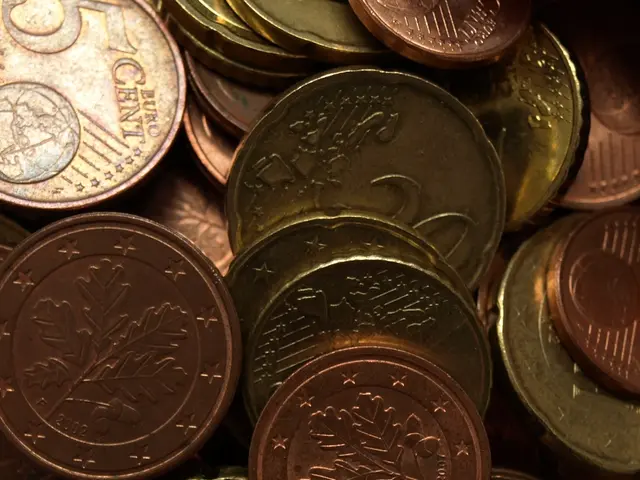Construction sector issues warning: Housing production may soon become economically unfeasible
Title: Critiquing Building Boom Politics: Kreis Kleve's Initiative Zukunft Niederrhein Lashes Out
To put it bluntly, the political move to stimulate a "construction turbo" while restricting raw materials has the local group Initiative Zukunft Niederrhein in Kreis Kleve scratching their heads. Why it's a feet-shooting maneuver, let's dive in.
Limiting raw materials can trigger a domino effect, resulting in supply chain disruptions and soaring costs. These disruptions and price hikes can severely impact construction projects and several corners of the economy, holding back growth like a lead-weighted anchor. It's more akin to choking the goose that lays the golden eggs rather than nurturing it, don't you think?
Additionally, this strategy might lead to a conflict between environmental goals and economic growth. While curtailing material usage could benefit the environment, the restriction might undermine the economic aim of fostering construction and expansion. It's like trying to have your cake and eat it too – impossible!
Instead, focusing on innovation and efficiency within the construction industry could be a more strategic approach. Encouraging reduced waste and environmental impact is essential, but crippling the supply of raw materials doesn't solve nor creatively address the issue. Why limit when we can innovate and excel?
At the heart of it all, Initiative Zukunft Niederrhein urges for thoughtful, well-rounded policies centered on growth, environmental responsibility, and economic sustainability. After all, the goal is not to stall construction, but to foster a thriving, green, and prosperous future for Kreis Kleve and beyond. It all boils down to striking the perfect balance, folks, and tightfisted regulations might not hit the mark.
The unusual strategy to restrict raw materials may have unintended consequences, such as supply chain disruptions and increased costs, particularly in the construction sector, which is a significant part of the local economy and finance. Instead, it might be more effective to focus on promoting innovation and efficiency within the construction industry to reduce waste and environmental impact, rather than limiting materials.




